Premium Only Content
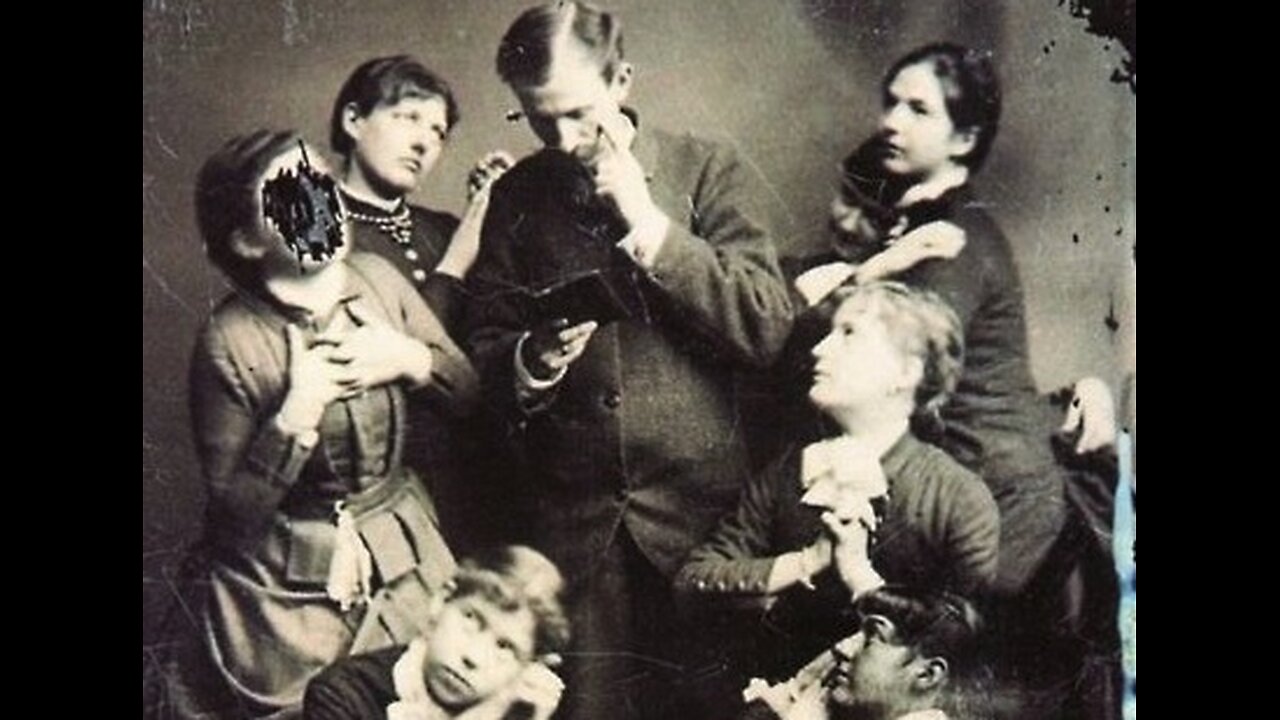
The Unknown Stories of American History (1995)
A People's History of the United States is a 1980 nonfiction book (updated in 2003) by American historian and political scientist Howard Zinn. In the book, Zinn presented what he considered to be a different side of history from the more traditional "fundamental nationalist glorification of country".[1] Zinn portrays a side of American history that can largely be seen as the exploitation and manipulation of the majority by rigged systems that hugely favor a small aggregate of elite rulers from across the orthodox political parties.
A People's History has been assigned as reading in many high schools and colleges across the United States.[2] It has also resulted in a change in the focus of historical work, which now includes stories that previously were ignored.[1] The book was a runner-up in 1980 for the National Book Award. It frequently has been revised, with the most recent edition covering events through 2002. In 2003, Zinn was awarded the Prix des Amis du Monde Diplomatique for the French version of this book Une histoire populaire des États-Unis.[3] More than two million copies have been sold.
In a 1998 interview, Zinn said he had set "quiet revolution" as his goal for writing A People's History. "Not a revolution in the classical sense of a seizure of power, but rather from people beginning to take power from within the institutions. In the workplace, the workers would take power to control the conditions of their lives."[4] In 2004, Zinn edited a primary source companion volume with Anthony Arnove, entitled Voices of a People's History of the United States.
A People's History of the United States has been criticized by various pundits and fellow historians. Critics, including professor Chris Beneke and Randall J. Stephens,[5] assert blatant omissions of important historical episodes, uncritical reliance on biased sources, and failure to examine opposing views.[6][7] Conversely, others have defended Zinn and the accuracy and intellectual integrity of his work.[8][9][10]
In a letter responding to a 2007 critical review of his A Young People's History of the United States (a release of the title for younger readers) in The New York Times Book Review, Zinn wrote:
My history ... describes the inspiring struggle of those who have fought slavery and racism (Frederick Douglass, William Lloyd Garrison, Fannie Lou Hamer, Bob Moses), of the labor organizers who have led strikes for the rights of working people (Big Bill Haywood, Mother Jones, César Chávez), of the socialists and others who have protested war and militarism (Eugene V. Debs, Helen Keller, the Rev. Daniel Berrigan, Cindy Sheehan). My hero is not Theodore Roosevelt, who loved war and congratulated a general after a massacre of Filipino villagers at the turn of the century, but Mark Twain, who denounced the massacre and satirized imperialism.[11][12] I want young people to understand that ours is a beautiful country, but it has been taken over by men who have no respect for human rights or constitutional liberties. Our people are basically decent and caring, and our highest ideals are expressed in the Declaration of Independence, which says that all of us have an equal right to "life, liberty, and the pursuit of happiness." The history of our country, I point out in my book, is a striving, against corporate robber barons and war makers, to make those ideals a reality—and all of us, of whatever age, can find immense satisfaction in becoming part of that.[13]
-
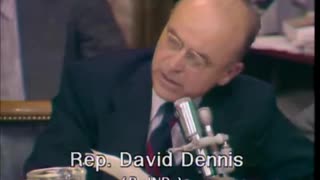 9:22:13
9:22:13
The Memory Hole
7 months agoNixon Impeachment Hearings Day 4 (1974-07-26)
1.06K -
 17:54
17:54
Dr Disrespect
17 hours agoDR DISRESPECT vs VAN DAMME in Hitman 3
72.8K11 -
 2:05:26
2:05:26
Side Scrollers Podcast
19 hours ago4Chan SUES UK Government + Craig Has Mental Illness Fatigue + Knight Rider REBOOT | Side Scrollers
32.4K8 -
 19:26
19:26
GritsGG
1 day agoChat Picked My Hair Color! All Pink Loadout & Operator Challenge!
28.3K4 -
 10:32
10:32
Nikko Ortiz
1 day agoFunniest Fails Of The Month
56.7K8 -
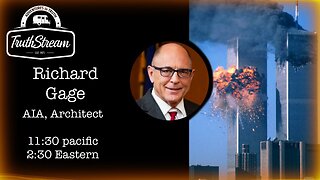 1:27:34
1:27:34
TruthStream with Joe and Scott
4 days agoArchitect Richard Gage: 911 truths and more #482
32.7K8 -
 LIVE
LIVE
Lofi Girl
2 years agoSynthwave Radio 🌌 - beats to chill/game to
196 watching -
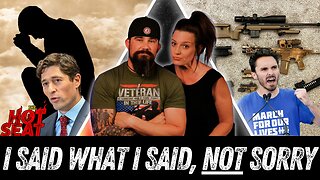 56:48
56:48
The HotSeat
15 hours agoI'm NOT Sorry! Guns Aren’t the Problem—Godless Culture Is
37.2K30 -
 9:43
9:43
The Pascal Show
16 hours ago $0.95 earnedWHOA! Annunciation School Sh**ter Identified... Heartbreaking & Insane
8.82K2 -
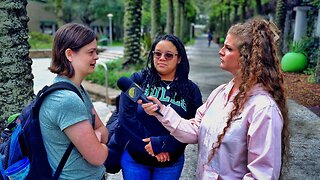 22:42
22:42
Liberty Hangout
11 hours agoCollege Democrats Say Gangs Are GOOD!
82.6K81